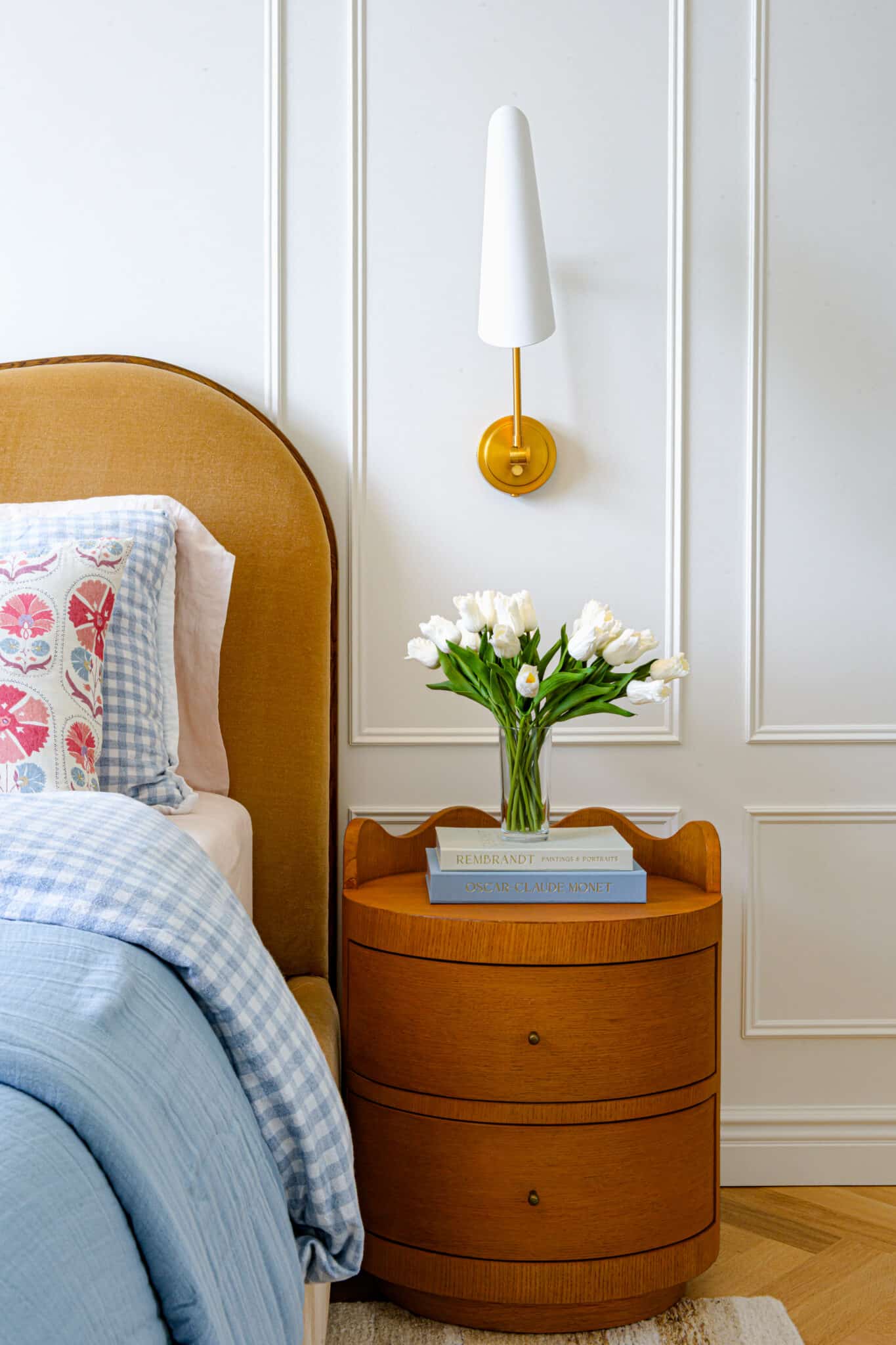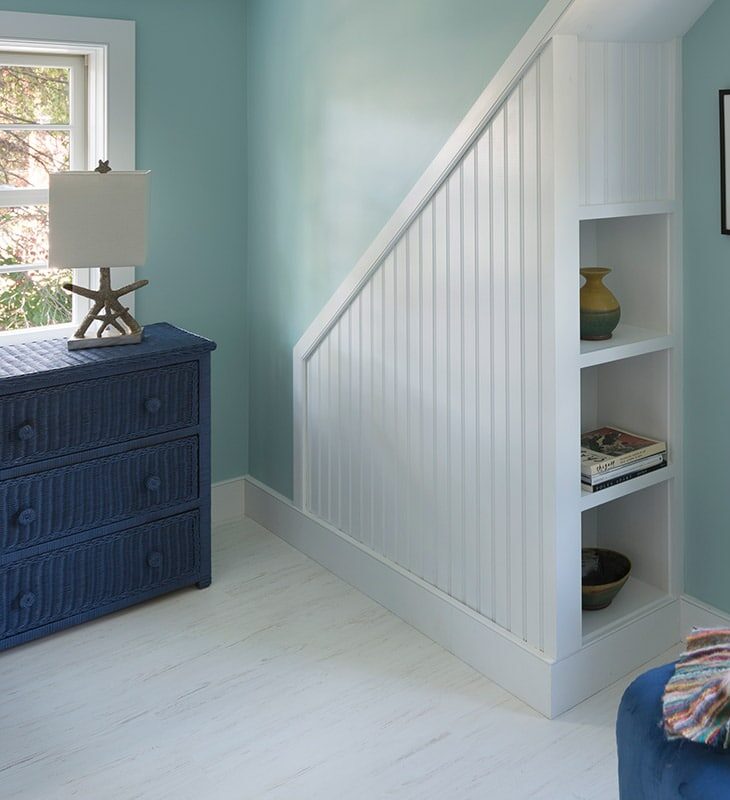
Adding Timeless Details to Your Home: Wall Trim
What Type of Wall Trim Should I Choose?
Wall trim may seem like a small detail, but it’s one of those architectural touches that instantly changes the character of a room. The right trim can anchor a design style, highlight proportions, and add texture or depth that paint alone can’t achieve. Here’s a breakdown of the most common types of wall trim and how to choose the one that fits your home best.
Wainscoting

Wainscoting is a decorative wall treatment made of solid wood panels that cover the lower portion of a wall. It typically includes a central panel framed by side stiles and finished with a top molding strip. Variations such as board and batten or beadboard provide different stylistic effects. Beyond its aesthetic appeal, wainscoting adds durability and protection to walls and can be customized with either paint or stain. The most common styles include raised panel, flat panel, beaded panel, and wall panel wainscoting.
Beadboard

Beadboard is a classic and timeless option. It can be used in multiple different applications, such as wainscoting, full-wall coverage, ceiling coverage, and more. Beadboard looks best in homes that lean more towards traditional, casual, farmhouse, or coastal styles.
Shiplap
:max_bytes(150000):strip_icc()/258105_73ad574ea4d542d786388dbc2479524emv2-9df6473b677449028f47cd4f36077881.jpeg)
Shiplap is a perfect choice if you have a room that just needs a little extra detail. Even if you have lower ceilings, shiplap adds warmth and texture to your space. Consider even painting your shiplap to a bold, rich color for even more of a statement.
Picture Frame Wall Molding

Picture frame molding is purely decorative and installed with four pieces of molding of your choice. It is one of the easiest ways to make a room look much more elegant. However, height and symmetry should be carefully executed. Trim details should be picture-perfect, or it can look cheap.
How to Decide Which Trim Is Right for You
Match the home’s architecture: Historic homes often benefit from wainscoting or panel molding; coastal homes from beadboard or shiplap.
Think about function: Mudrooms and bathrooms benefit from beadboard’s durability, while living rooms shine with picture frame molding.
Play with paint: The finish (painted vs. stained, bold vs. subtle) is often what makes trim feel fresh and modern or classic and traditional.
Scale matters: Trim that’s too large can overwhelm; trim that’s too small can look like an afterthought.
Related
- Category :
- Type :

